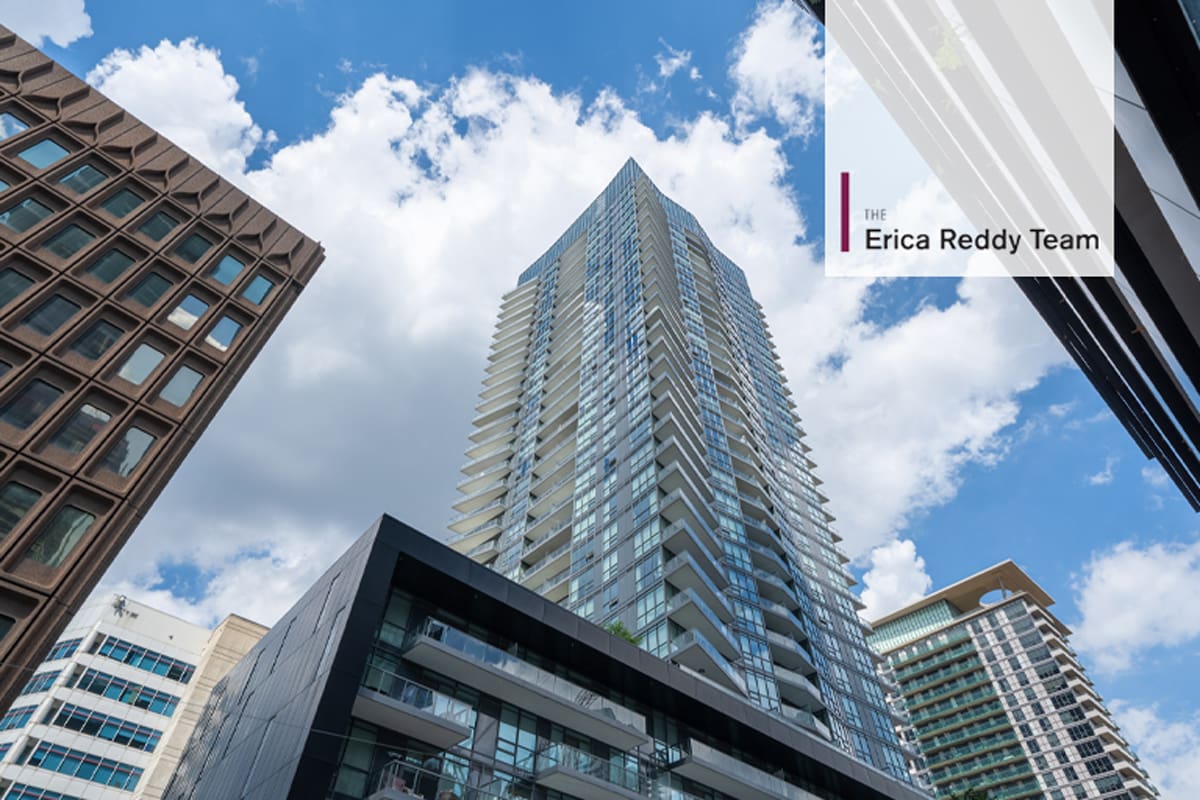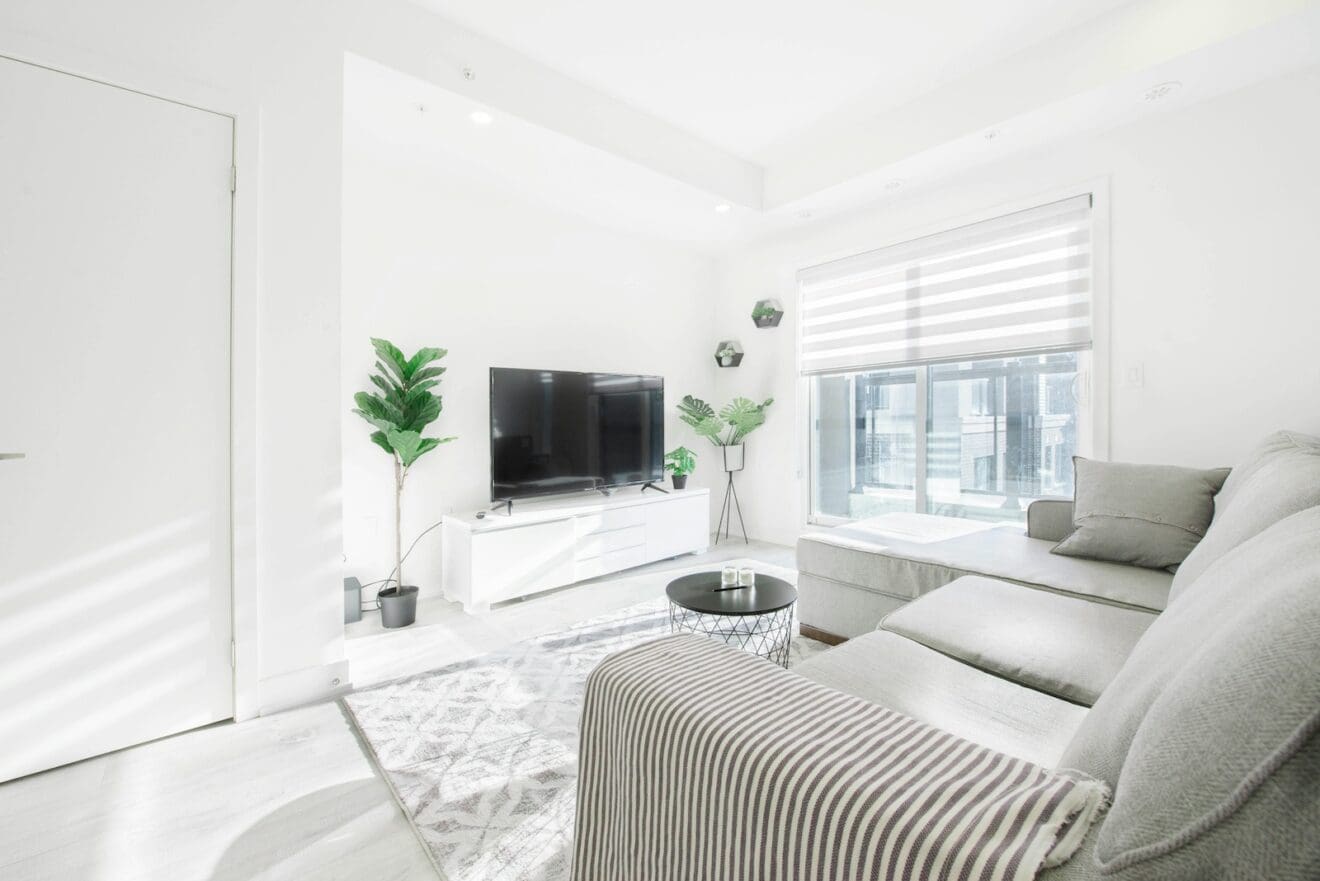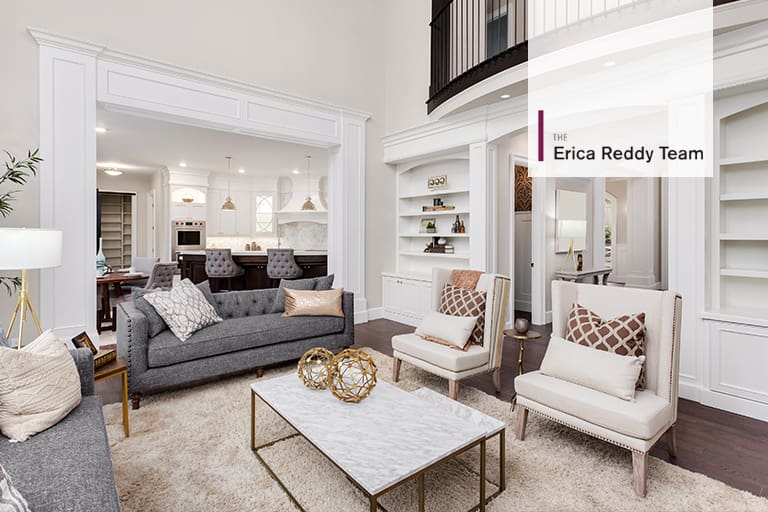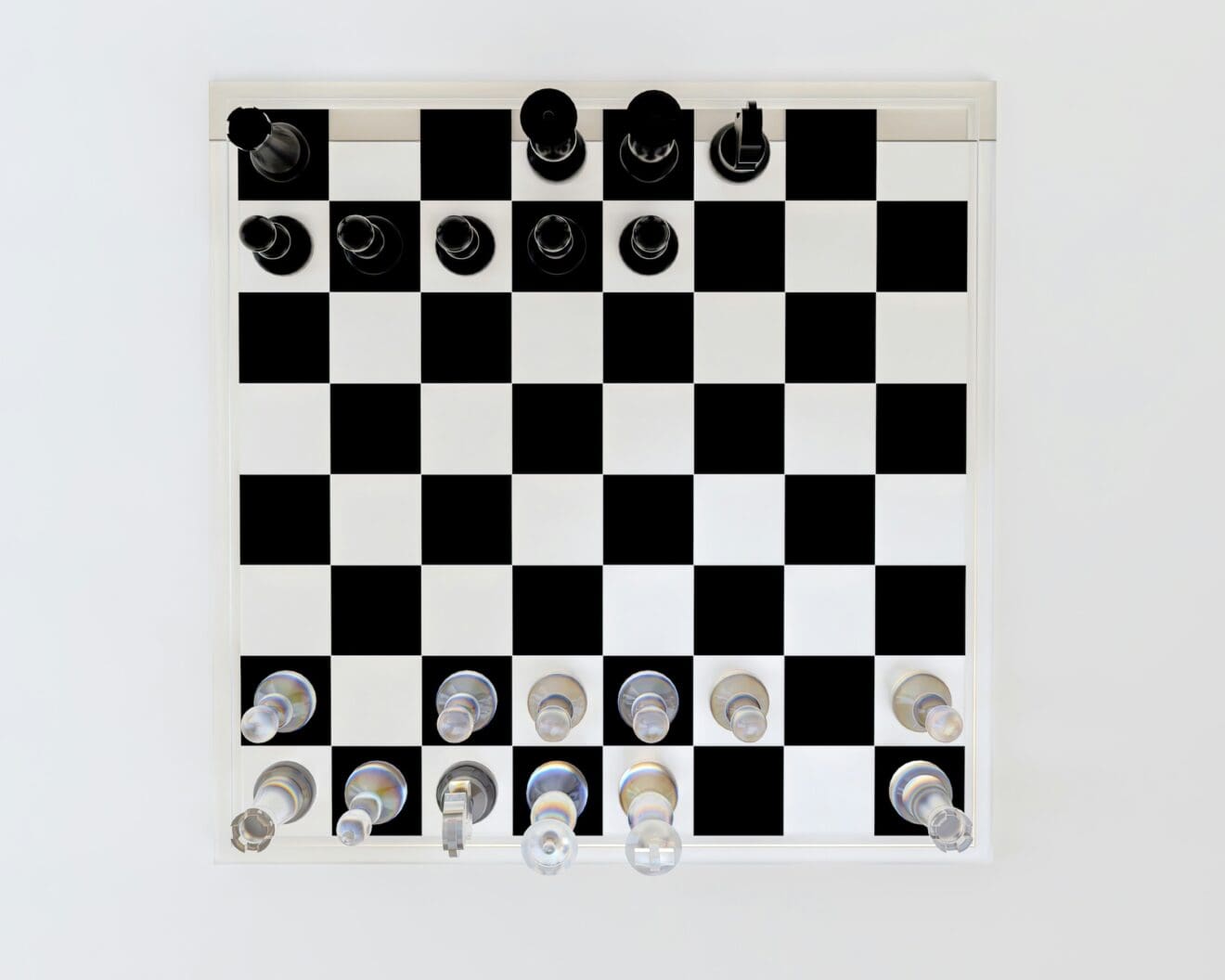
From the Victorian homes in Riverdale to High Park’s Arts and Crafts-style abodes, Toronto is blessed with some of the most beautiful older houses in North America. These residences offer gorgeous architectural details and a rich sense of history. That said, they can sometimes come with hidden risks. In this post, we’ll delve into the pros and cons of buying an older house.
The Pros
Living in a mature home can be a rewarding experience. Here are just a few of the pros.
They have a lot of character
When you’re out walking, do you stop to admire decorative turrets or stained glass panels? Do you notice details like gorgeous moulding and turn-of-the-century bay windows? If so, you’re not alone. The architectural charm of older houses is a huge draw for many house hunters.
They’re usually well-built
Older houses have stood the test of time. They were carefully constructed, and they’ve kept previous homeowners safe and comfortable for decades. While plenty of new houses are built solidly from high-quality materials, it’s hard to beat the craftsmanship of buildings that have been around for many decades.
They typically sit on larger lots
You can find a newly-built home with a big backyard, but it will probably be in the suburbs. If that’s the type of neighbourhood you’re looking for, that’s great. But it’s not what every buyer wants. Older homes—even those that are centrally located—often sit on larger lots. That’s because most city land used to be less expensive.
They can be more affordable
Newly-built homes tend to be priced at future market value, which means buyers often pay what developers think they’ll be worth down the line. And those prices can be high. While the cost of a house depends on many factors, older homes are generally less expensive per square foot.
Potential cons
Of course, buying an older house isn’t for everybody. But if your family prefers a home with history, here are a few things you should watch out for.
Issues with electrical wiring
Wiring insulation often becomes worn over time, which can cause safety (and insurance) issues. This is a big problem with some older homes, and past attempts to fix the problem can make things worse. Specifically, look into whether the houses you’re considering have knob and tube wiring.
Poor insulation
Some older houses are poorly insulated—or not insulated at all. The result may be lower indoor temperatures during Toronto’s cold winters, as well as higher heating bills. Fortunately, there are options for adding insulation. On the downside, they can be pricey.
Mould and leaks
Even the most well-constructed home will experience some wear and tear over time. Leaks can be a consequence. In addition to causing water damage, leaks can create the type of damp environment that promotes mould. Buyers should always be on the lookout for signs of mould, especially in older houses.
Foundation problems
Foundation issues can make doors stick, cause uneven floors, and create cracks in the drywall (to name a few problems). Repairs can be costly. That said, not all homebuyers see a shifting foundation as a dealbreaker. Your best bet is to ask lots of questions so you can make an informed decision. And don’t forget the benefits of working with a good inspector!
Looking to buy a home? We can help you make an informed decision—whether you’re interested in older houses, newly-built houses, or both. Get in touch and we can set up a time to talk about it!
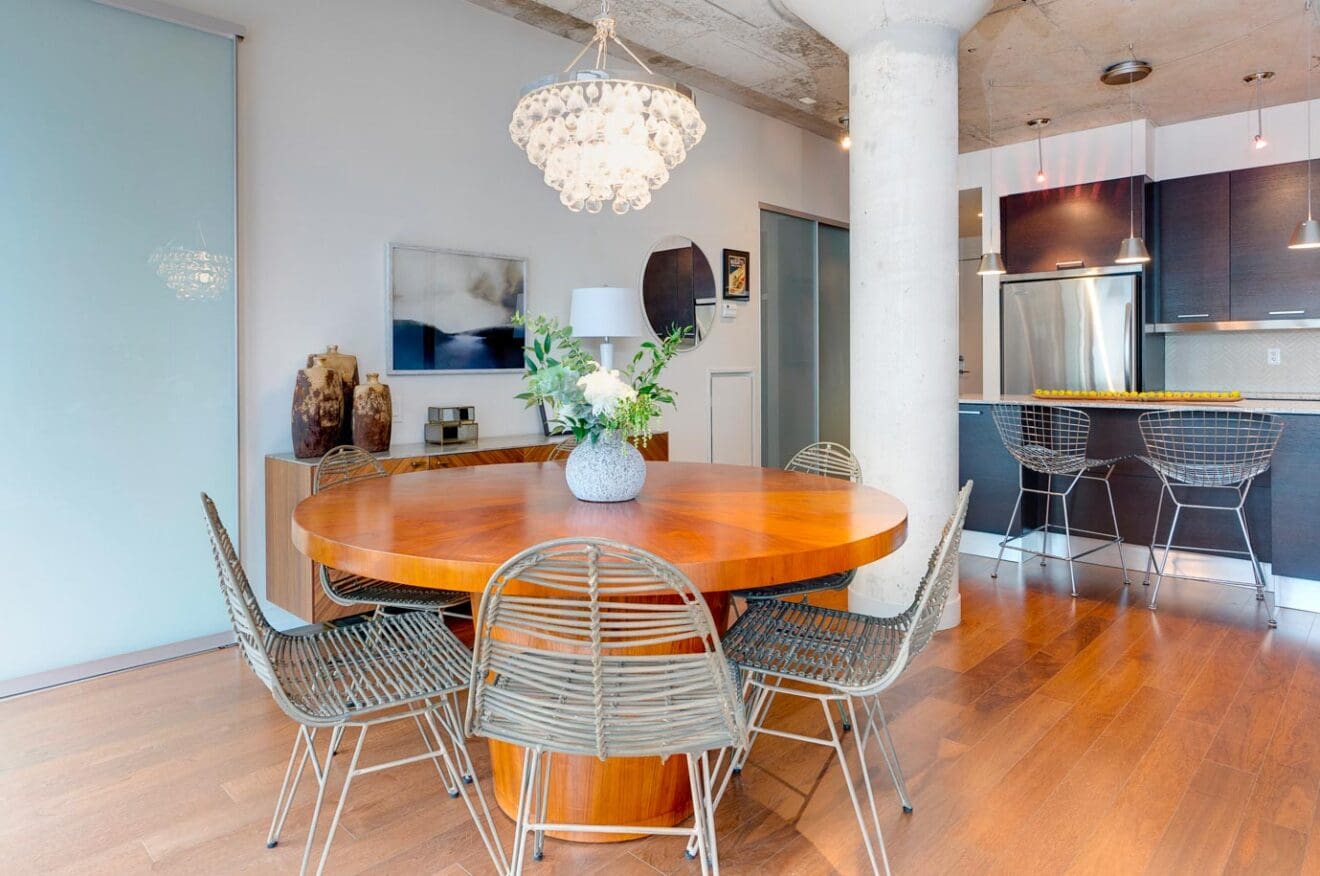
Meet The Erica Reddy Team
Find out how our specialized skill sets and extensive Toronto market expertise empower your real estate venture.

